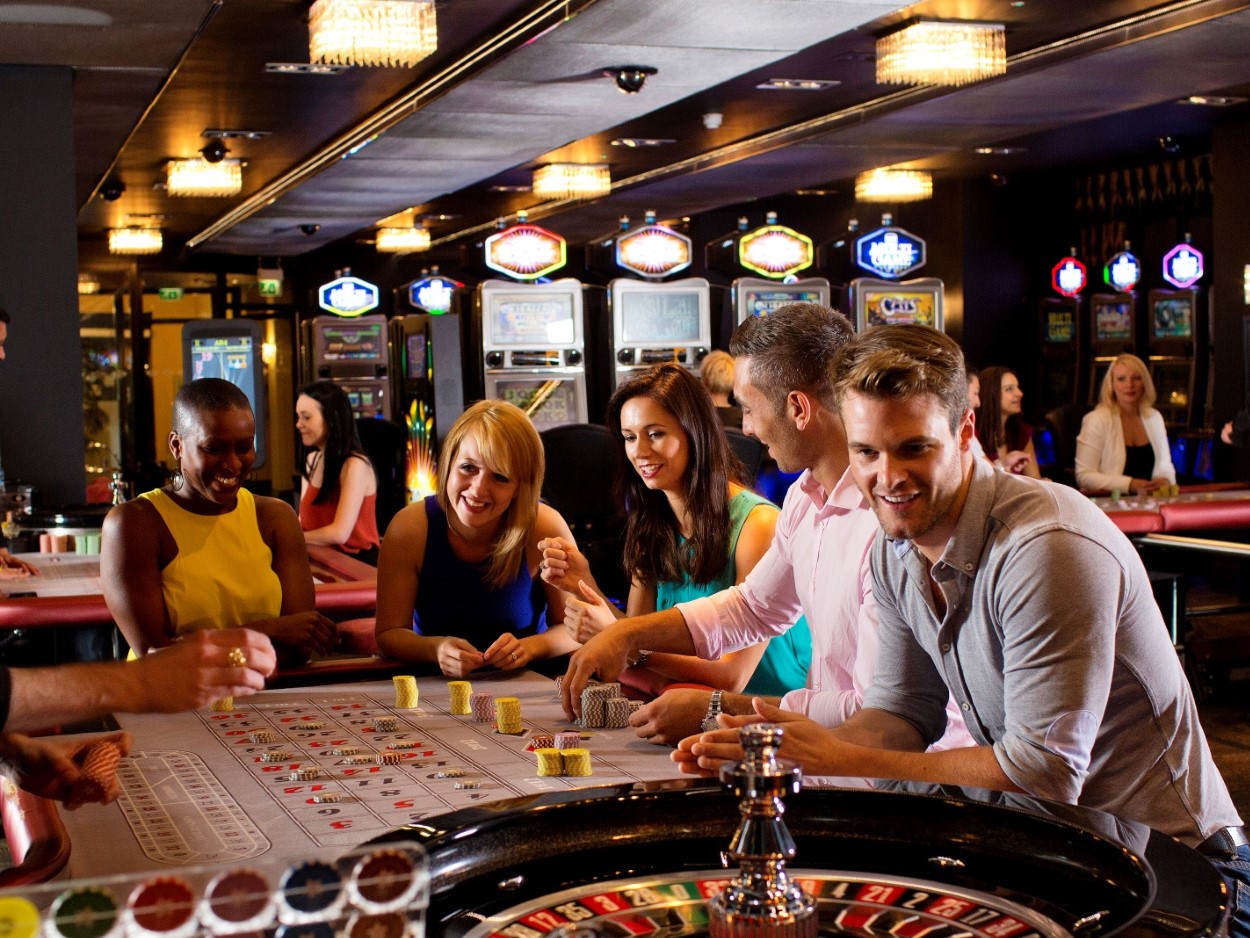
When we think of gambling activities, the initial images that often come to mind are those of spinning wheel wheels, card chips clinking on felt surfaces, and dice rolling across a gaming surface. While numerous consider these activities as mere hobbies fueled by luck, a deeper exploration reveals a captivating blend of tactics, skill, and social interaction that raises them far beyond basic luck. Whether you are a experienced player or a inquisitive newcomer, grasping the nuances of these activities can significantly enhance your experience and appreciation.
Casino games have developed over hundreds of years, with different cultures contributing to their diverse histories and different forms. From the intricate strategies of 21 to the bluffing methods in poker, players engage in a contest of wits as much as a gamble on odds. This exciting interplay between luck and expertise creates a thrilling atmosphere that draws millions to gambling establishments worldwide. As we delve into the world of table games, we will reveal the methods that can shift the odds in your advantage and the community elements that make these games a favored choice for leisure and engagement.
The Strategy Behind Casino Games
Table games often involve a blend of skill and luck, which makes them fascinating for participants who enjoy a challenge. Each title has their own set of guidelines and tactics that can affect the results. 99win For example, in titles like 21, participants are obliged to use strategies like card counting and grasping the odds to make smart decisions. This skill set can greatly improve their victory potential, differentiating experienced participants from beginners who may rely solely on chance.
In contrast, games such as roulette may seem to be entirely based on chance, but tactical thinking can also come into the equation. Participants can select between various betting tactics, such as the Martingale system, in which they raise the bets after losses. This method can establish a more methodical approach to the activity. Grasping the probabilities of specific wagers can also assist participants make smarter decisions on the table, showcasing that even in titles of chance, strategy can enhance the experience.
Furthermore, the game of poker is notable as a game that strongly emphasizes strategy. Unlike most casino games, the game of poker merges ability, psychology, and luck. Participants must not only focus on the cards they are dealt but also consider their opponents actions and wagering patterns. Mastering concepts like table position, pot odds, and interpreting bluffing is crucial for winning. This complexity of tactics in poker often leads to a more engaging experience for players, where the decisions and skills significantly impact the game’s outcome.
Grasping Likelihood and Odds
In the realm of casino matches, probability and ratios have a crucial role in deciding a gambler’s potential outcomes. Every activity has its own set of principles that dictate how the chance of winning or losing is calculated. For example, in matches like 21, players have a chance to modify their odds through tactics, whereas in matches like the wheel, the outcomes are exclusively governed by chance. Grasping how these chances are calculated can greatly impact how a player approaches the match.
Odds are typically shown in two formats: fractional and numeric. Ratio ratios represent the proportion of the sum gained to the amount staked, whereas numeric odds show the total return for a successful bet, which includes the initial bet. For example, if a match has ratios of 5 to 1, this means that for every one dollar bet, a gambler could gain five dollars if they win. Knowing how to read these odds enables gamblers to assess their potential winnings and make more wise decisions during play.
Players should also be aware of the house edge, which is the casino’s built-in benefit over the players. Each match has a distinct advantage, and grasping this concept is important for handling one’s expectations and budget. Activities with a lower advantage, such as blackjack and baccarat, typically offer better odds for players compared to activities like slots and lottery. By acknowledging the relationship between probability, ratios, and the house edge, gamblers can improve their gaming experience and plan more effectively.
The Exciting Aspect of Table Gaming
Casino games at casinos are often seen as a hub of community engagement, drawing players together in a collective experience that extends far past the mere act of playing games. The atmosphere at a poker table can be electric, with gamblers engaging not only with the game itself but also with each other. Laughter, cheers, and, sometimes, playful teasing create connections that improve the overall enjoyment of the gaming experience. This communal aspect can turn a solitary endeavor into a lively social event, making table games particularly enticing.
One of the intriguing elements of table gaming is the way it cultivates friendship among participants. Whether it’s teaming up to defeat the dealer at a dice table or sharing stories between hands in a poker game, the environment encourages interaction. Players often share tips or strategies, creating a sense of community that enhances the fun. This social dynamic can make new gamblers feel included and less intimidated by the competitive nature of gaming. As the game continues, friendships may form, leading to a sense of belonging that keeps players returning to the table.
Moreover, the social aspect of gaming at tables extends outside just the participants. Casino staff play a crucial role in facilitating interaction and maintaining the flow of the game. Their ability to engage players with warm dialogue and their expertise in running the table can create an inviting atmosphere. This relationship between participants and staff adds another layer of enjoyment, where gamblers feel bonded not only to one another but also to the staff. Such interactions are often what make the experience unforgettable, as participants leave with stories to tell and relationships made, reinforcing the notion that gaming at tables are truly about something greater than luck.
